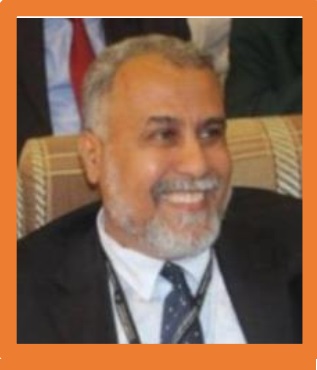
Adopting Entrusted Professional Activities (EPAs) to enhance Patient Safety
Ali Batarfi
Vice-rector of Al-Arab University & Dean of college of medicine and health sciences

Corresponding author.
Ali Batarfi
International expert in medical education.
Prof. of General surgery & medical education
Tel.:
E-mail address:
Abstract
The goal of medical training is to graduate residents and specialist who are trusted to provide high and safe medical care. Licensed physicians are entitled to carry out medical tasks according to their specialty, provided that they are competent. The crucial question is that, when we can say that, he or she is competent physician. Competency is needed for physicians to reduce their medical error during practice, in another way to ensure patient safety. As a result of seniorization of tasks in the academic medical centre, residents receive less opportunity to carry out tasks and responsibilities for patient care . As a result, they will be poorly prepared for unsupervised medical practice. What will happen that patient safety will be jeopardized after finishing the training. What do we need to overcome this dilemma?.
There must be an approach of assessment that matches the responsibilities in patient care. Entrusted Professional Activites(EPAs) which is defined as unit of professional practice(Task) that can be fully entrusted to a trainee, once he or she has demonstrated the necessary competence to execute this activity unsupervised. The purpose of EPAs is to operationalize competency-based medical education through a stepwise and safe engagement of trainees in clinical practice with a progressive autonomy. Becoming a competent ,means passing the threshold that allows for sufficient trust in the trainee to act unsupervised (conditioned autonomy). EPAs ground competences in daily practice,they break medical practice down into units that can be overseen ,assessed, monitored ,documented and certified .EPAs provide supervisors with a solid justification for delegating an activity to a trainee.
02-100-002/PS © 2023 ALARAB UNIVERSITY. All rights reserved
Biography
Prof. Dr. Ali Mohamed Batarfi:
Fellow of Iraqi Commission for Medical Specialization in General surgery 1994, (FICMS). Post- Board Training Cardiac and Thoracic Surgery for one year (Dec.1994 – Dec. 1995), Medical City Hospitals, Baghdad. Prof. of general surgery and medical education in HUCOM 2008 onwards. Member of the establishing committee of HUCOM on 1997. Dean of HUCOM (2009-2021). He established the first postgraduate training program in family medicine in Yemen (2010). Member of faculty of public health in London, UK (2013) (MFPH). International expert in medical education. Currently, He is a vice-rector of Al-Arab University & Dean of the college of medicine and health sciences.
